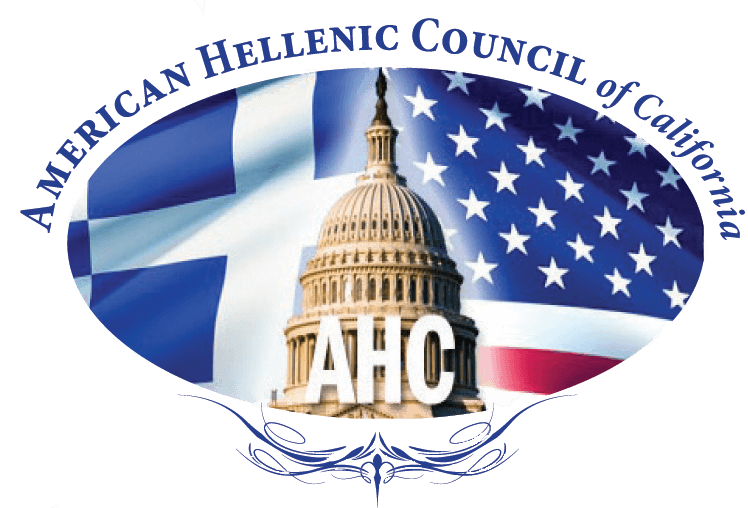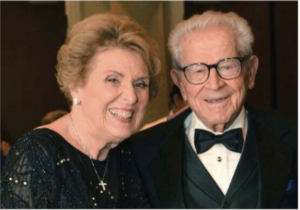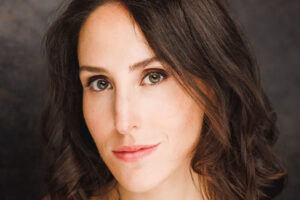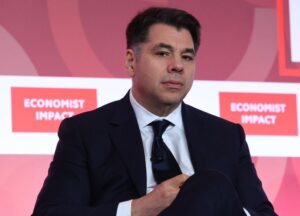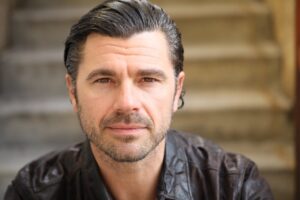The American Hellenic Council is a non-partisan political advocacy organization. Our goal is to promote democracy, human rights, peace, and stability in Southern Europe and the Eastern Mediterranean, with an emphasis on Greece and Cyprus, by informing the American public and the government about on-going issues and conflicts in the area.
History
Our History

A message from a Founding Member and the Honorary Consul General, Andreas Kyprianides
The illegal twin Turkish invasions and seizure of nearly 40 percent of the independent Republic of Cyprus in July and August 1974 galvanized Hellenic-American communities throughout the country. Our community was energized and unified in support of the people of Cyprus. We strongly denounced Turkey for her actions which violated American, international, and moral law.
The Save Cyprus Council of Southern California founded in the wake of the invasions in late August 1974 to advocate for Cyprus, over time grew to support all other Hellenic national causes. The organizations’ founders and supporters, represented many walks of life and political persuasions, covering the whole spectrum from liberal to conservative. They were members of the clergy, academia, professionals, and working class.
Admirably, they united behind their common cause. Their objective was to organize, inform, and involve the community in efforts to influence the American Government to follow a just and principled foreign policy towards Cyprus, Greece, and Turkey, consistent with the Rule of Law which Turkey had violated. I was privileged to be one of the founders and serve as an office of the Council until 1983 when the government of Cyprus appointed me its Honorary Consul General in our area. I’ve maintained a close working relationship with the Council ever since.
From the start, the Council lobbied members of the U.S. Congress and highly placed officials, both locally and in Washington. We sought to stop the illegal occupation of Cyprus and the expansionistic policy of Turkey against Greece in the Aegean. As patriotic American citizens, we felt it our duty to help restore freedom, justice, and peace in that troubled area—because it was right, and also served American National Interests.
As a Result
As a result of Hellenic American efforts nationwide, the U.S. Congress imposed an arms embargo against Turkey for the illegal use of American weapons against Cyprus. This was a stunning victory—one which brought us great pride and most importantly gave us a strong sense of empowerment, underscoring the fact that we had evolved from an immigrant community into an integral and influential part of American society.
Recognition of the value of organized political involvement spawned new organizations in our community and encouraged more Greek-Americans to seek political office. In southern California, the Save Cyprus Council played a catalytic role in the creation of this newfound political awareness and ensuing developments.
The group was involved in many activities including dissemination of information, letter-writing and telephone campaigns, and fundraising for Cypriot refugees and orphans and on behalf of politicians supportive of our causes. It played a leading role in the campaigns of all Greek American candidates and organized events to welcome dignitaries from Cyprus and Greece. Most notable and the largest in attendance was the visit of the legendary Archbishop Makarios, the first President of Cyprus. He was in Los Angeles on the 10th and 11th of November 1974 as part of a U.S. tour to thank supporters of the Cyprus struggle. His inspiring speech to an enthusiastic crowd of 1,500 at the Santa Monica Civic Auditorium was a moving experience that left an indelible impression on me and all others. The Council later organized or helped organize the visits of the Presidents of Cyprus Spyros Kyprianou and George Vassiliou, and of Greece’s Costas Stephanopoulos, and other dignitaries such as Melina Mercouri and Margaret Papandreou, as well as all Ambassadors of Greece and Cyprus.
Since its inception, the Council’s strong and influential presence in our community has made it a respectable regional political force, known nationally but also in Greece and Cyprus. In 1985 to more accurately reflect the scope of its activities it was renamed the Hellenic American Council and soon thereafter, the American Hellenic Council. Today, it continues as a vibrant organization doing valuable work. I must emphasize that the impressive success of this organization for the past 34 years is due to the wide support of the larger community, including the Church. In the early years, Council meetings primarily took place in the community hall of St. Sophia, but also at St. Nicholas, St. Katherine, and other local churches. I should also recognize and salute the dedication and perseverance of the founders, leaders, and protagonists who made possible the Council’s extraordinary contributions. Cyprus and all Hellenism owe them a heavy debt of gratitude. Space, unfortunately, does not permit mention of names, but I am honored and grateful to have known them, worked closely with them, and shared the same goals all these years since that fateful summer of 1974.
